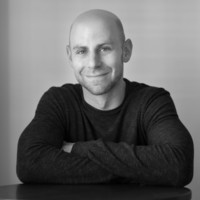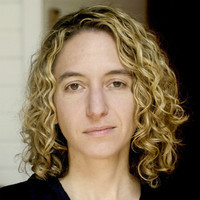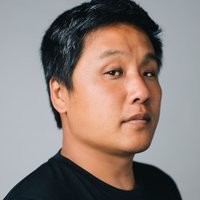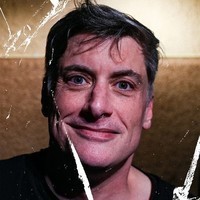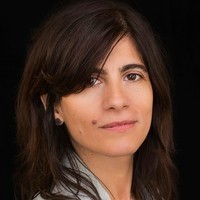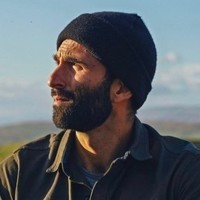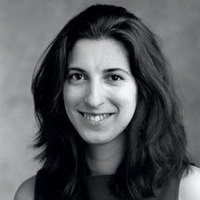Pandemic Time: A Distributed Doomsday Clock
Even within a single apartment building, neighbors experience different temporalities. In one unit, we have a single extrovert experiencing the acute trauma of being forced to work alone from home. Next door, we have parents suddenly juggling childcare and work. At the end of the hall is an immigrant using WhatsApp to track the fate of family members on the other side of the globe who are suddenly physically unreachable due to travel bans. Even members of a single household experience pandemic time differently.
